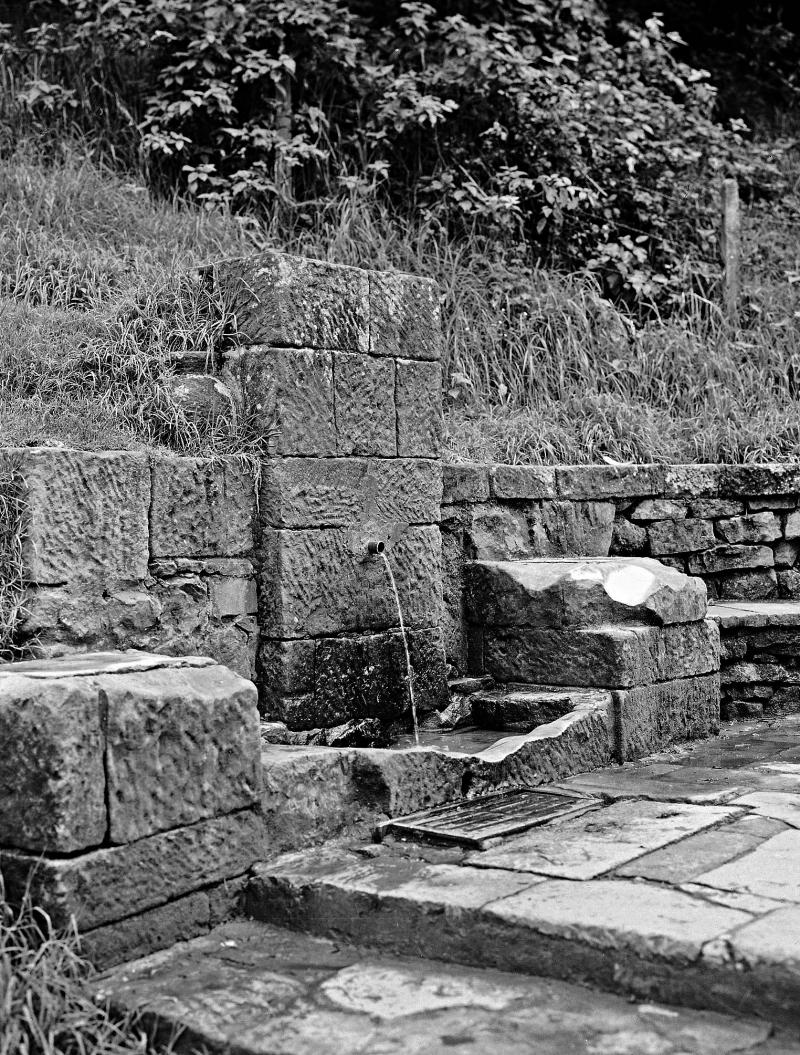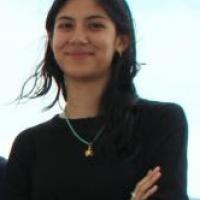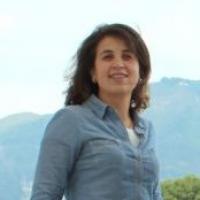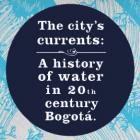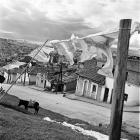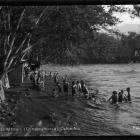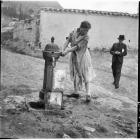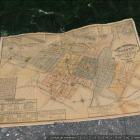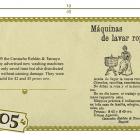Working for Zero Waste in Germany: A Discussion across Disciplines
The participants in a roundtable discussion that took place in May 2013 at LMU’s Center for Advanced Studies draw on their collective experience in engineering, anthropology, environmental justice, and city politics, in order to explore the impact of waste, and the strategies we should, and currently do, employ as we work towards zero waste in the world.


